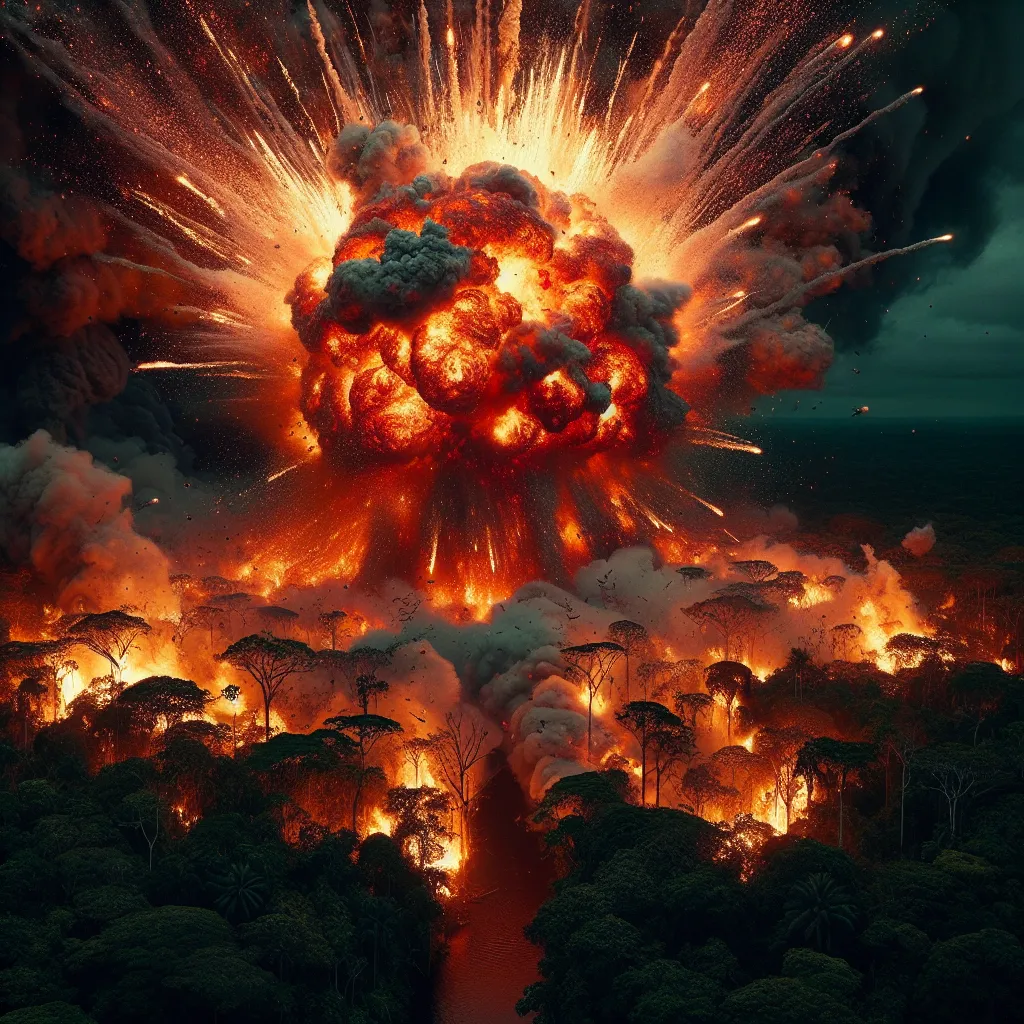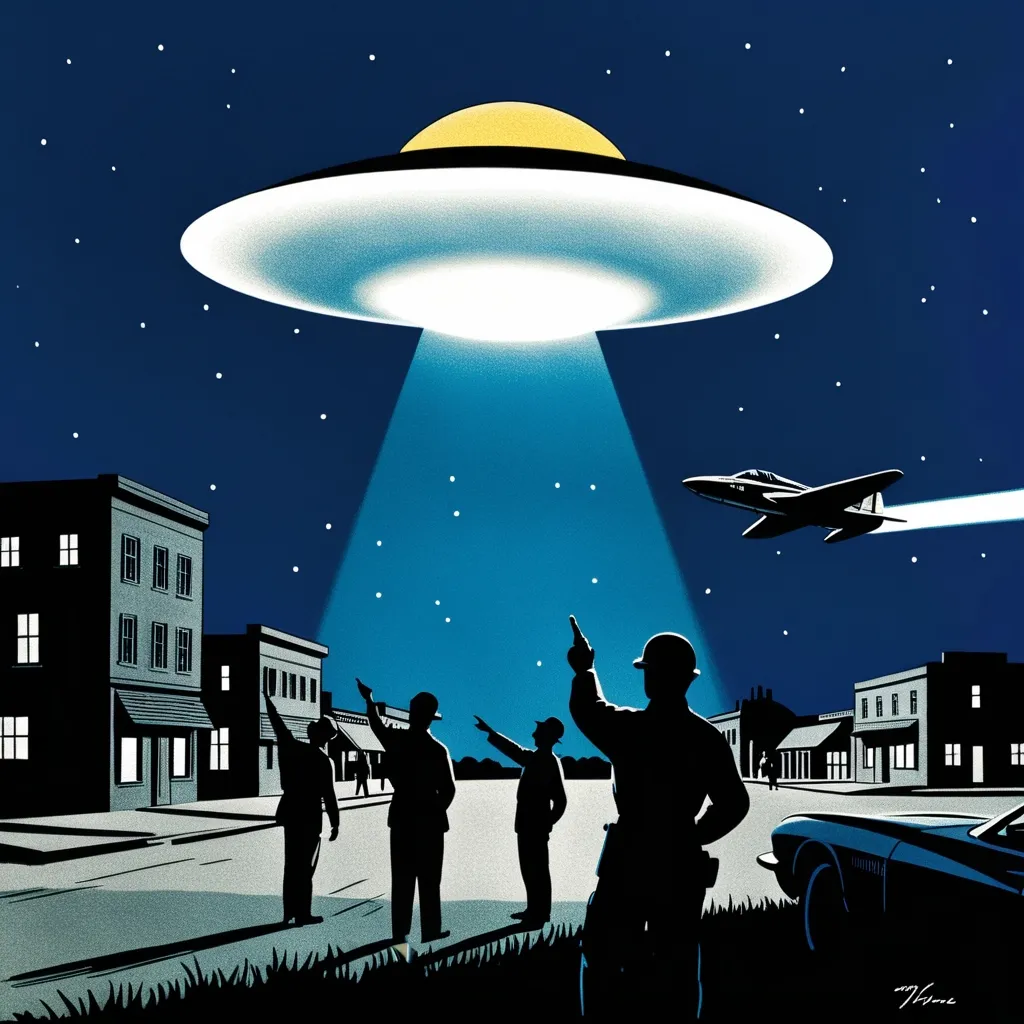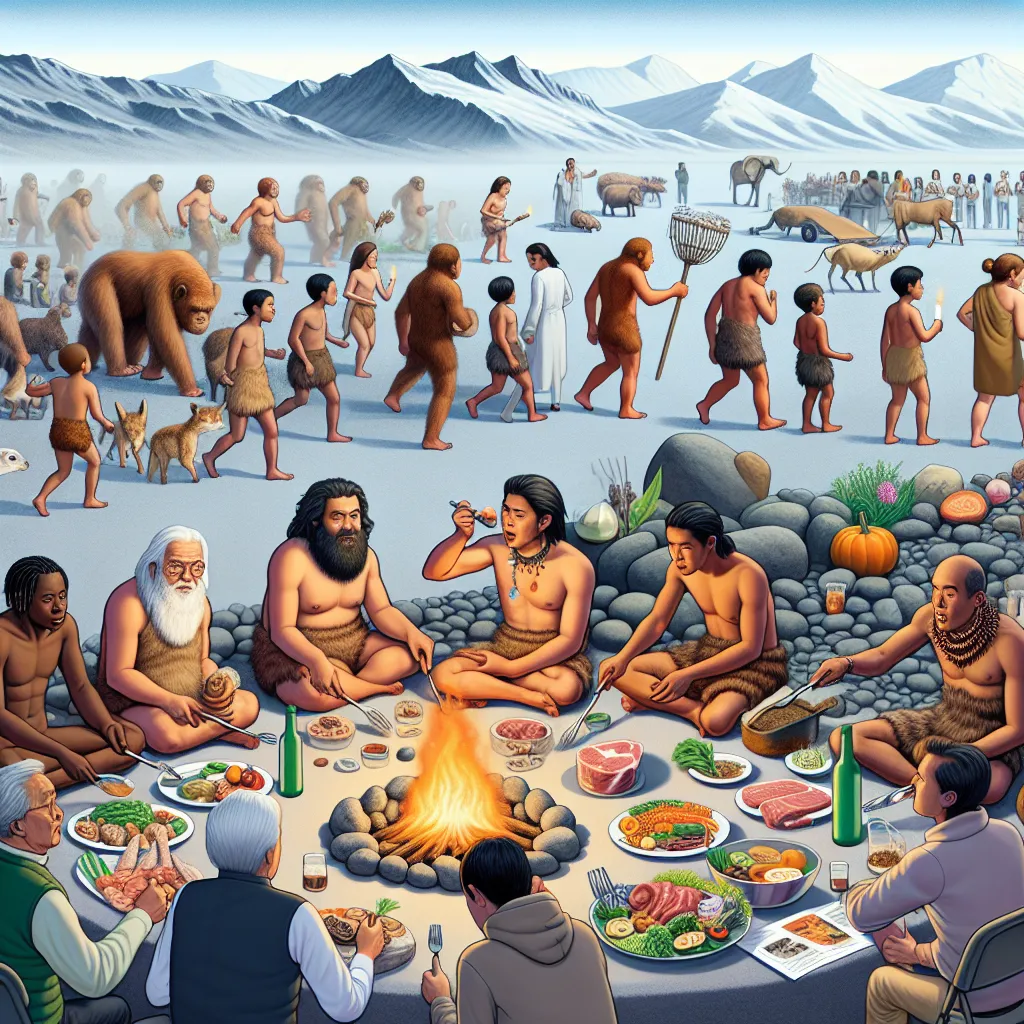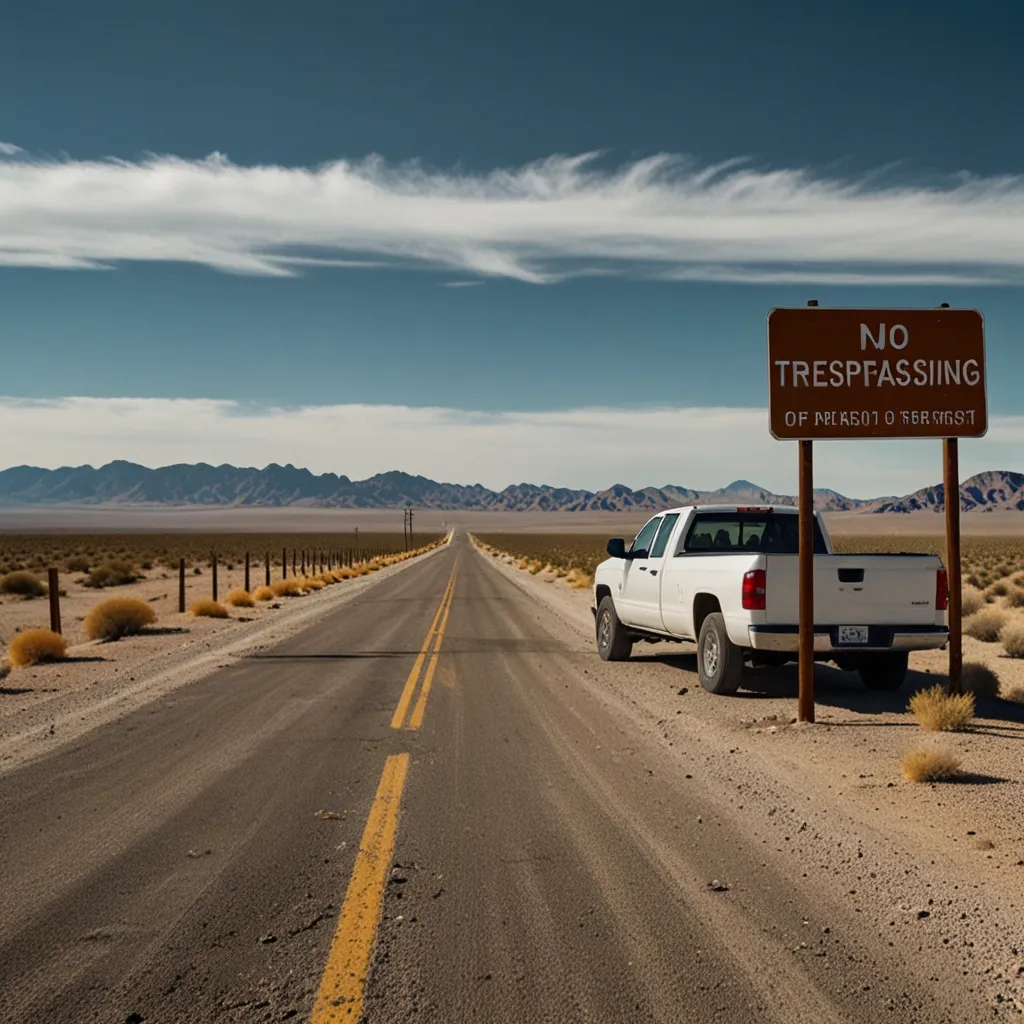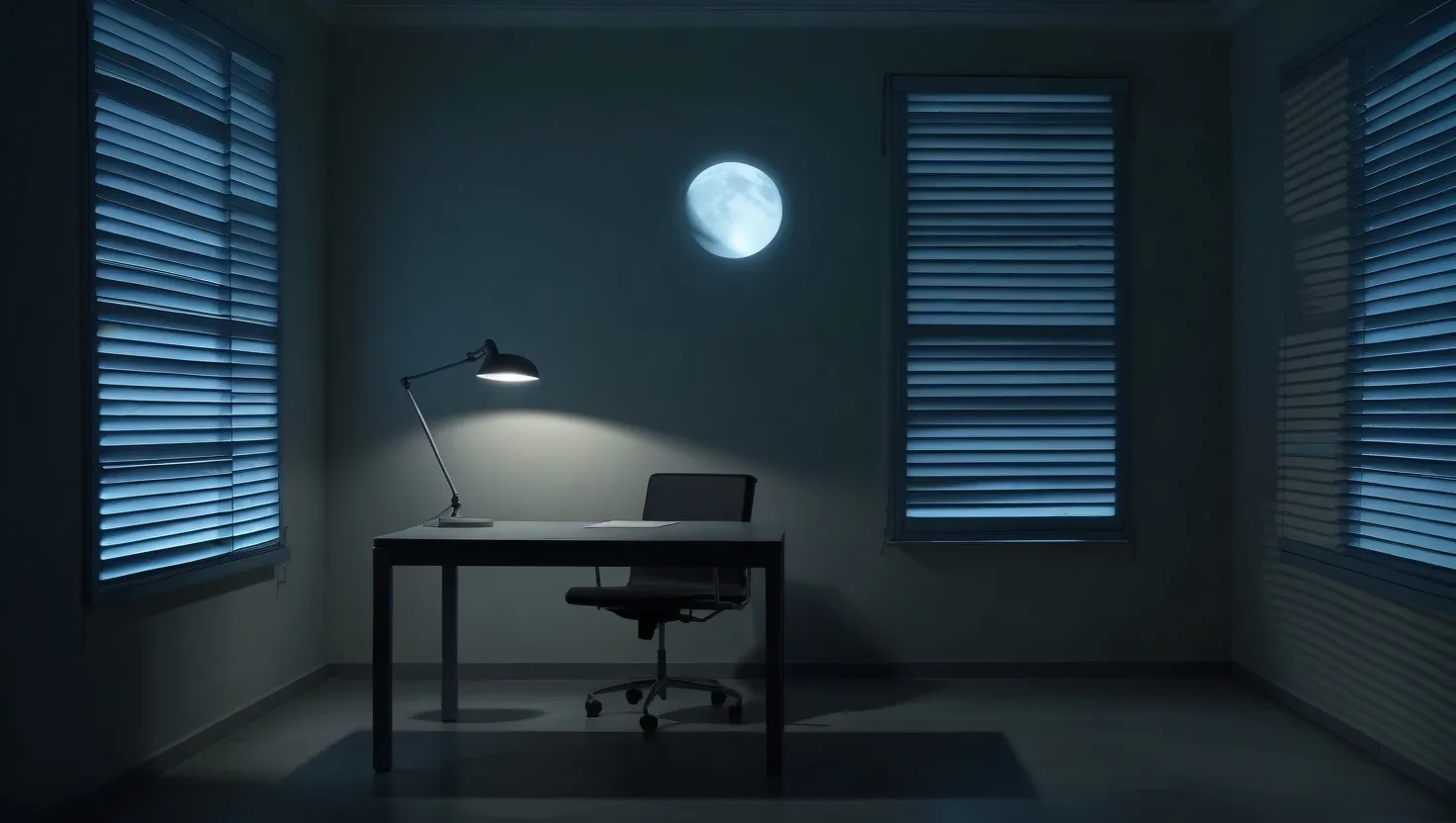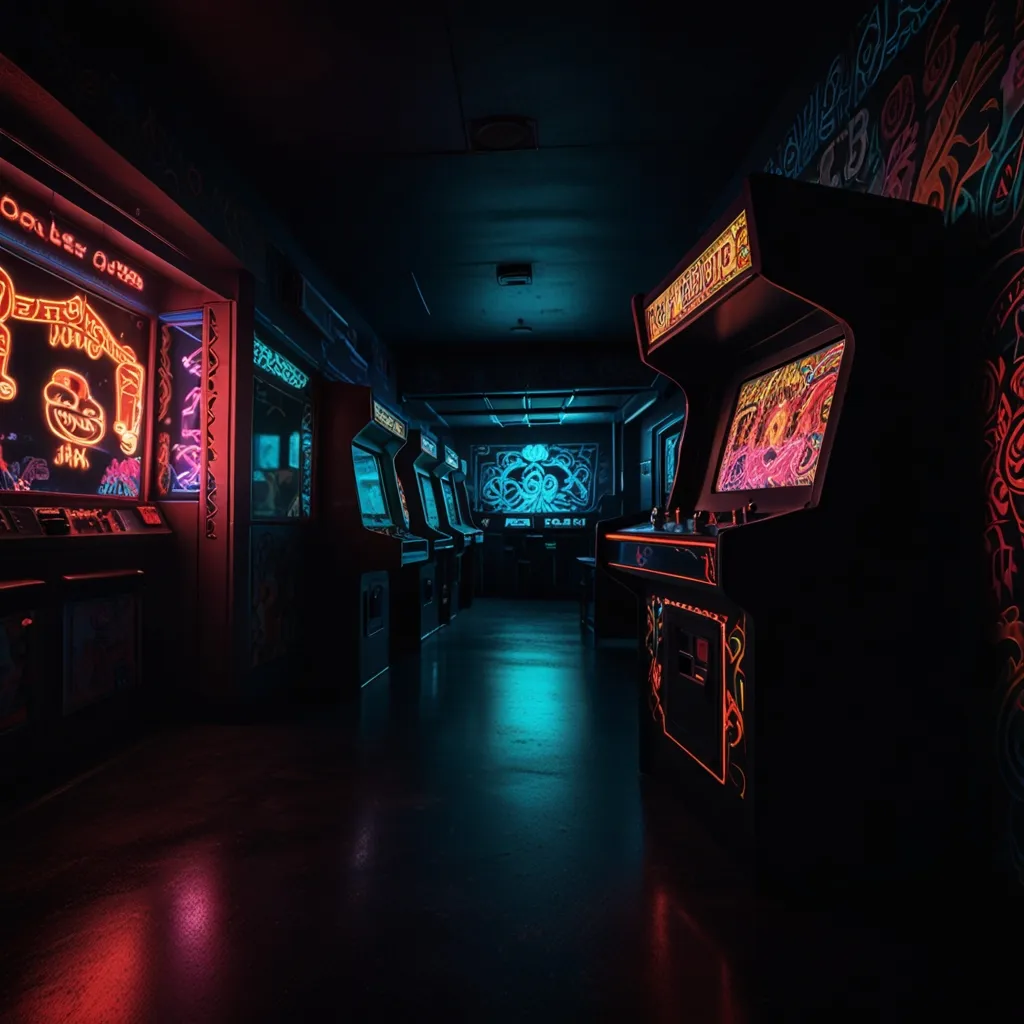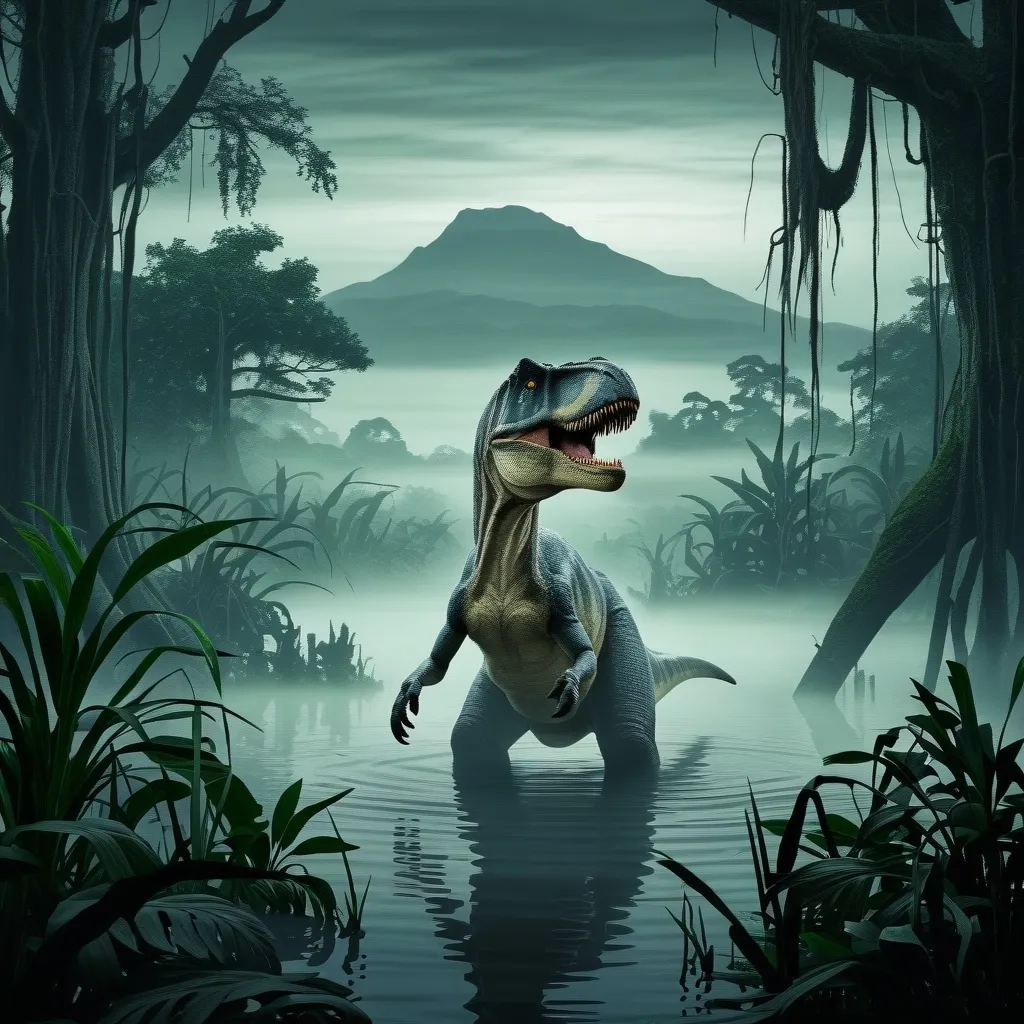Many people wonder what would happen if all the nuclear weapons in the world were detonated at once. Strange as it may seem, there wasn’t a clear answer to this, so some scientists took on the task to figure it out.
There are around 15,000 nuclear weapons on Earth. The US and Russia together hold most of them, while countries like France, China, and others share a smaller portion. That’s a lot of firepower.
Imagine there are about 4,500 cities with populations of at least 100,000 people. If we assumed each of these cities needed three nuclear bombs to be completely destroyed, we would wipe out all these urban areas and kill more than three billion people. That’s half the world’s population gone in an instant, and we’d still have bombs left over.
But what if we decided to set off all those 15,000 nukes at once? Picture dropping them in the Amazon rainforest. That’s one powerful explosion, about the equivalent of three billion tons of TNT. Historically, the volcanic eruption of Krakatoa in 1883 was a massive event, destroying an island and killing tens of thousands. Our nuclear detonation would release 15 times that energy.
The explosion would create a fireball 50 kilometers wide and flatten 3,000 square kilometers of forest. Everything within 250 kilometers would ignite. The sound of the blast would circle the planet for weeks, and millions of tons of material would shoot into the atmosphere.
The aftermath wouldn’t be pretty. A large crater would be left, and massive fires would consume South America. Radiation would make a large area uninhabitable, particles would enter the atmosphere, and the world would experience increased radiation, leading to health issues like cancer.
Now, let’s dream even bigger. What if humanity mined all uranium on Earth and made millions of nuclear bombs? Suppose we created a monstrous pile with the energy equivalent of the asteroid that killed the dinosaurs 65 million years ago.
This hypothetical explosion would create a fireball so massive it would be seen from half a continent. The ground would vaporize and a massive crater would form. Some debris would even shoot into space. The resulting earthquakes and wildfires would be unprecedented, wiping out cities and forests globally.
The blast’s aftermath would lead to a nuclear winter, lasting for decades, causing the extinction of most large animals including humans. Any survivors in bunkers or submarines would eventually face a grim world, a cold radioactive wasteland devoid of food and life as they knew it.
But Earth itself would move on. After a few million years, it would heal. Life would thrive again, potentially even more than before humans. If a new intelligent species arose, they might puzzle over a peculiar, thin layer of radioactive rock.
